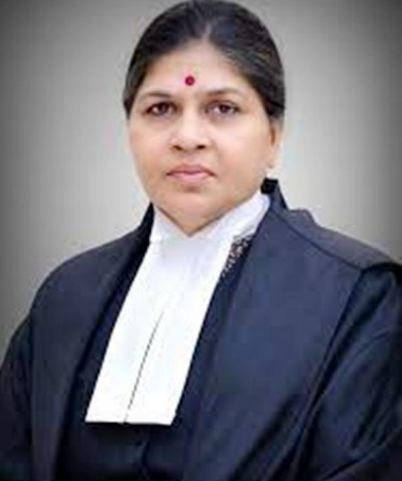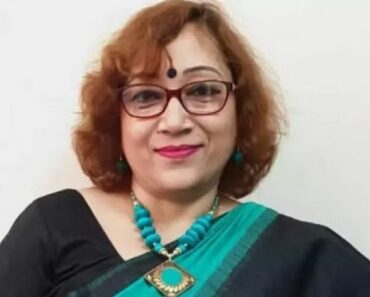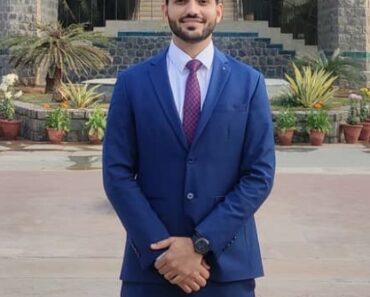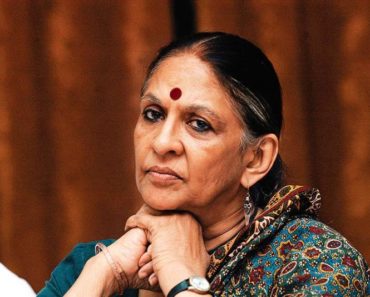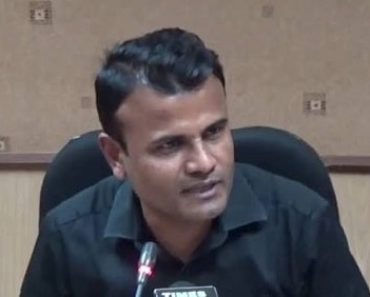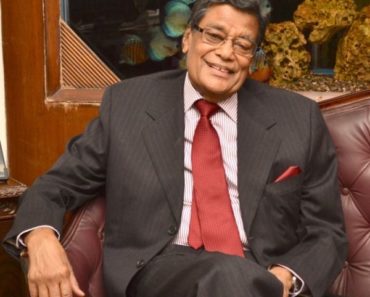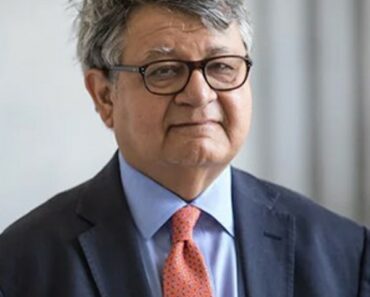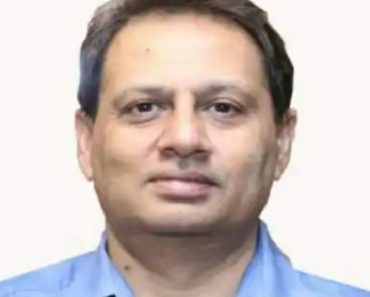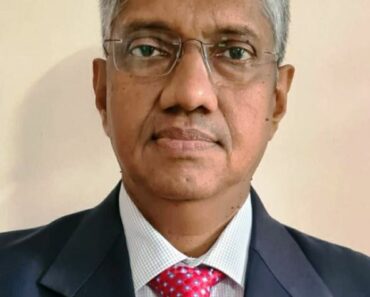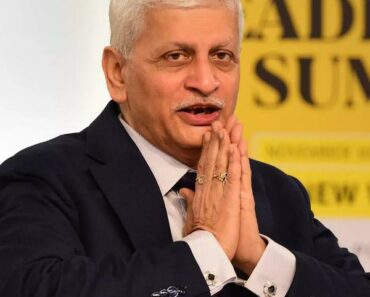Sunita Agarwal is an Indian judge, who is one of the senior most judges at the Allahabad High Court in Uttar Pradesh. Justice Agarwal garnered significant public attention following the 2020 Zhenhua data leak, which unveiled that she was among a group of 30 Indian judges subjected to widespread surveillance conducted by a Chinese data analytics firm. In July 2023 Supreme Court Collegium recommended her name for the Chief Justice of Gujarat. Upon its acceptance by the center, she would be the only woman Chief Justice of a High Court after Sonia Gokani.
Contents
Wiki/Biography
Sunita Agarwal was born on Saturday, 30 April 1966 (age 57 Years; as of 2023) in Allahabad, Uttar Pradesh. Her zodiac sign is Taurus. She obtained a Bachelor of Law from Awadh University in 1989. [1]Allahabad High Court Sunita enrolled as an advocate with the Bar Council of Uttar Pradesh in 1990.
Physical Appearance
Height (approx.): 5′ 5″
Hair Colour: Salt & Pepper (dyed Black)
Eye Colour: Black
Family
Parents & Siblings
Not much is known about her parents.
Husband
Sunita is married. Not much is known about her husband.
Address
121/27, Mahatma Gandhi Marg, Civil Lines, Allahabad
Career
Sunita Agarwal began practicing law on the civil side at the Allahabad High Court in 1990. She was appointed as an additional judge of the Allahabad High Court on 21 November 2011. On 6 August 2013, Sunita was elevated as the permanent judge at the Allahabad High Court. In 2018, Justice Agarwal and another judge named Naheed Ara Moonis were chosen to be part of a team responsible for addressing complaints related to sexual harassment at the Allahabad High Court. This team was formed to ensure compliance with the Sexual Harassment of Women at Workplace (Prevention, Prohibition, and Redressal) Act of 2013. As a judge, Justice Agarwal has worked together with other judges to write several important decisions in Indian constitutional law. In May 2020, she and two colleagues set a precedent stating that the High Court of Allahabad could handle cases involving individuals who lived outside their jurisdiction, as long as the issue being discussed occurred within their jurisdiction. The case established a legal principle that the High Court’s jurisdiction should not be determined solely based on a person’s place of residence. In March 2020, Justice Agarwal served as one of the judges on a five-member bench of the Allahabad High Court. This bench established a principle stating that individuals seeking anticipatory bail could directly approach the High Court, without having to go through regular criminal courts, under specific circumstances deemed as “special”. In June 2020, Justice Agarwal and another judge took a decision to release individuals who had been arrested by the Uttar Pradesh police for breaking lockdown rules during the COVID-19 pandemic in India. These individuals were detained while they were distributing food to people who were affected by the lockdown. The police accused them of causing problems and not following social distancing rules. Mrs. Agarwal instructed the police to focus on educating people about the lockdown rules instead of arresting and keeping them in custody. In September 2020, it was revealed by the Indian Express that Justice Agarwal, along with 29 other judges, as well as various political figures, CEOs, and athletes from India, were being monitored in a large-scale surveillance operation conducted by Zhenhua Data, an analytics company based in Shenzhen. The news about the Zhenhua data leak received widespread coverage, and many Indian newspapers speculated about the company’s connections to the Chinese government, particularly in relation to the 2020 tensions between China and India. In February 2021, Justice Agarwal, serving as a judge on her own, observed that discriminating against someone based on their sexual orientation and labeling it as “engaging in inappropriate behavior” went against the Supreme Court’s significant 2018 ruling that decriminalized homosexuality and upheld the rights of the LGBT community. In light of this, Justice Agarwal instructed the Home Guard Quarters in Uttar Pradesh to reinstate a staff member who belonged to the LGBT community. The staff member had previously been dismissed due to a video that disclosed his sexual orientation. In July 2023, the Supreme Court Collegium put forward her name as the recommended candidate for the position of Chief Justice of Gujarat. If approved by the center, she would become the second woman to hold the esteemed position of Chief Justice of a High Court, following Sonia Gokani. Sunita is expected to retire from her services on 29 April 2028.
Salary
As per the 7th Central Pay Commission (CPC), the salary of a judge of a high court is estimated to be Rs. 2,25,000 + other allowances. [2]Department of Justice – Government of India
References

